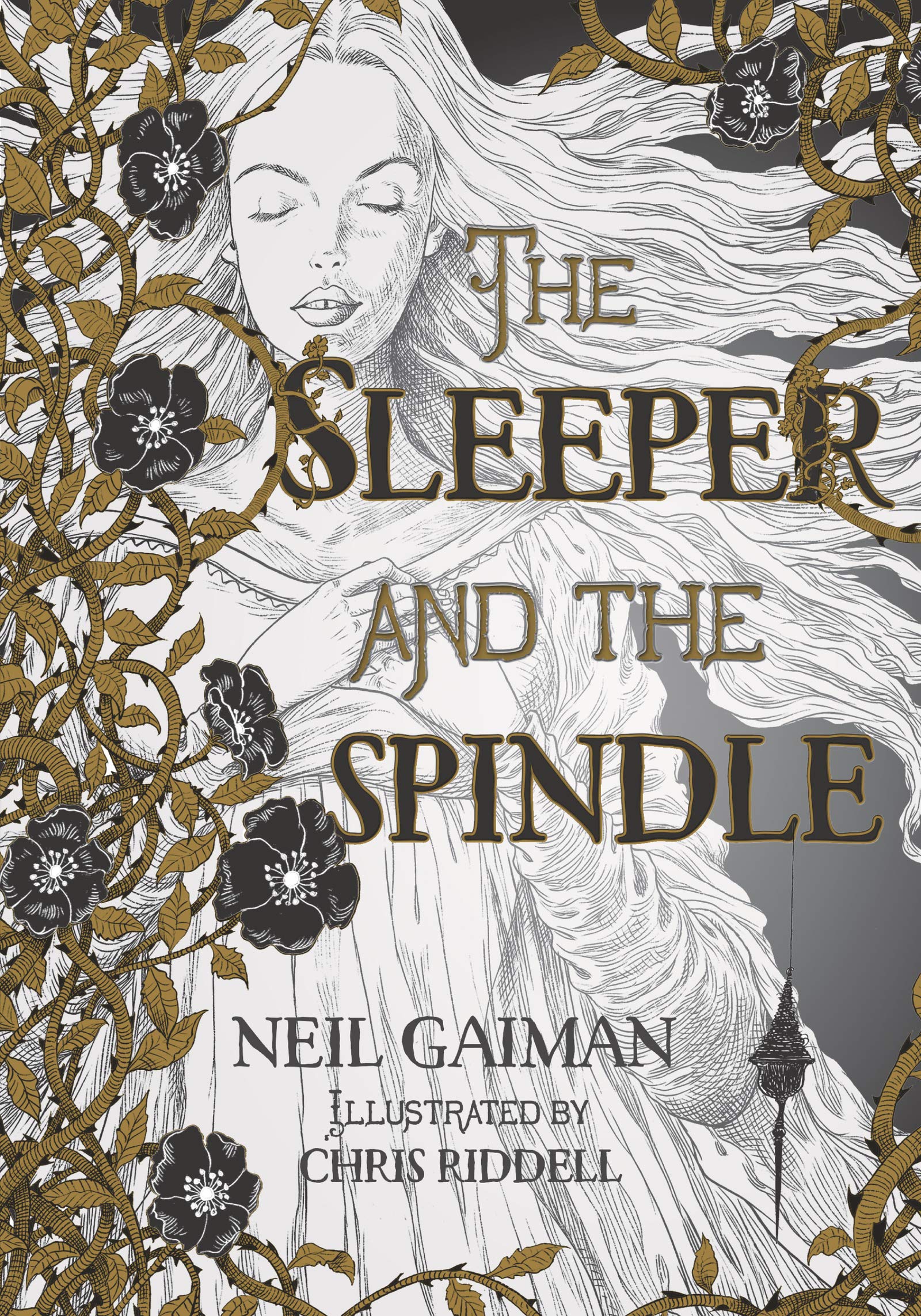
by acackler | Jul 19, 2022 | Reviews
Author: Neil GaimanPublished by: HarperCollinsNarrated by: A full castPublish date: October 22, 2013Genre: FantasyAudience: Young Adult / AdultRating: Four Stars A quick and imaginative retelling of the classic fairy tale, Sleeping Beauty. This is a...


